We believe that solutions can be truly effective only if they are demand-driven and locally designed. This is why we have set up Citizen Mobility Communities in five pilot areas across Europe. They bring together citizens and a wide range of transport and mobility stakeholders, including city authorities, social innovators and social entrepreneurs, public and private transport operators and transport authorities. In so doing, these communities function as incubators for new ideas. They are involved in a multi-steps process that starts with understanding local urban contexts, pinpointing the socio-economic and mobility challenges that are more urgent and consequently selecting the most adequate intervention areas; co-developing and endorsing mobility interventions; piloting, refining and scaling them up in real-life contexts; and finally assessing the project approaches and the pilots.
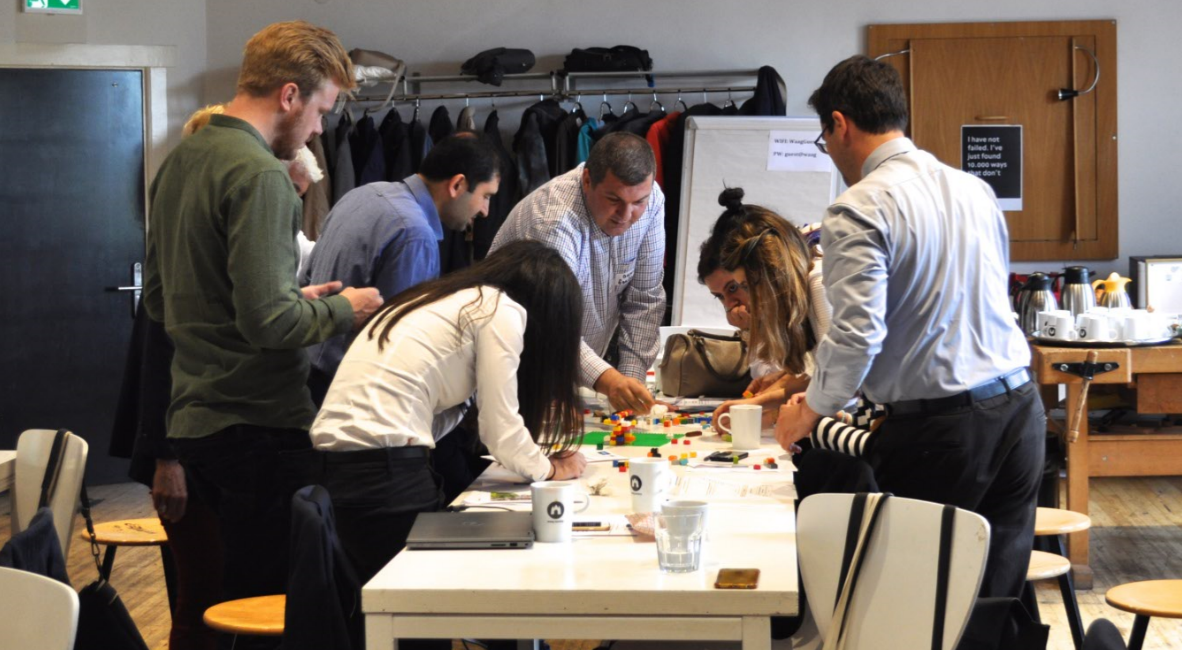
Co-creating
To facilitate the co-creative process in the Citizen Mobility Communities, we have arranged physical spaces where each community can meet and work: the Citizen Mobility Labs. And since we know that creativity is not everyone’s piece of cake and co-creation is easier said than done, we have elaborated Citizen Mobility Kits to support participants in their cooperation. A space and a toolkit alone are not enough, though: to make sure they are used and publicised, we have planned several collaborative actions such as co-creation workshops and Mobility Hackdays. To have an overview of what is happening now, why don’t you have a look at our news and events?
Core Outcome Set
All the brainstorming, co-creating, piloting and improving will give concrete results (urban mobility solutions for specific intervention areas), but will also have a scientific impact. As a matter of fact, our communities will contribute to co-designing an assessment framework based on the Core Outcome Set (COS) evaluation methodology to be used as a baseline for definitions and metrics in assessing POTM innovations.
Scale-up and replication
In fact, our pilot areas are not only essential in co-designing sustainable, demand-led, bottom-up solutions: they are also key in testing and evaluating these solutions. Some of them may work better than others, while some of them may need adjustments. We will make sure that those solutions with greater potential are not abandoned after the end of the project, but bear fruit inspiring other communities: we will do our best to support their uptake with Scale-up Strategies and Action Plans. Moreover, starting from concrete cases, we will develop evidence-based guidelines, summarised in a POTM Deployment Toolkit & Replication Guide, aiming to enhance the innovation capacity and sustainability of urban mobility systems.
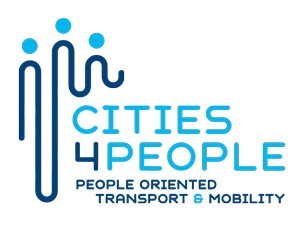









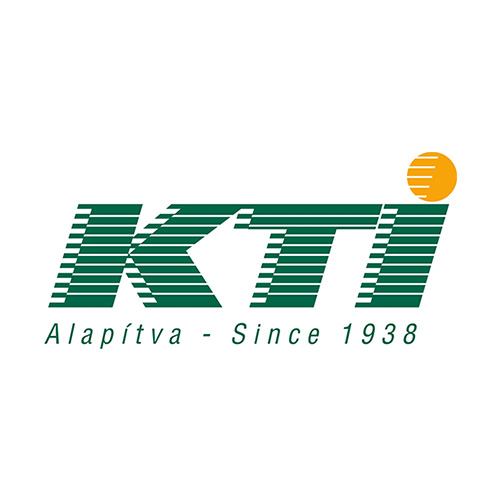
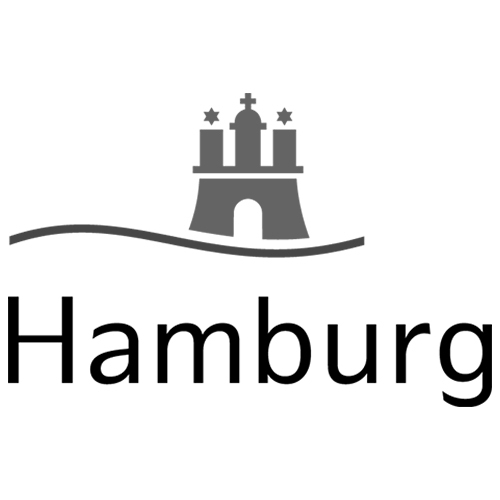
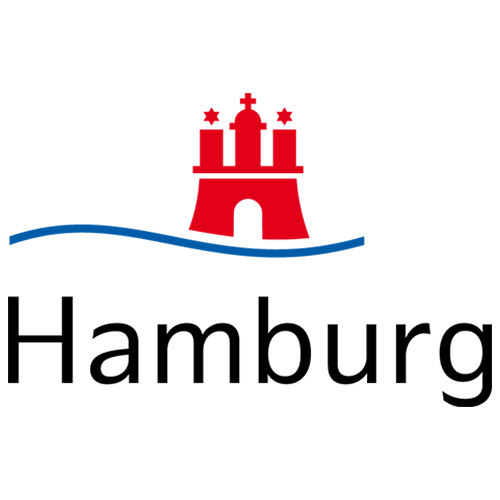
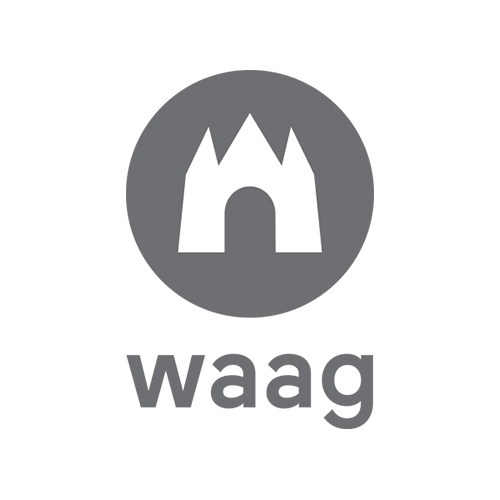
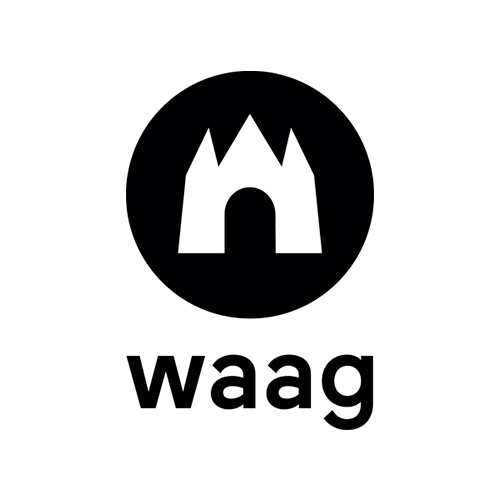
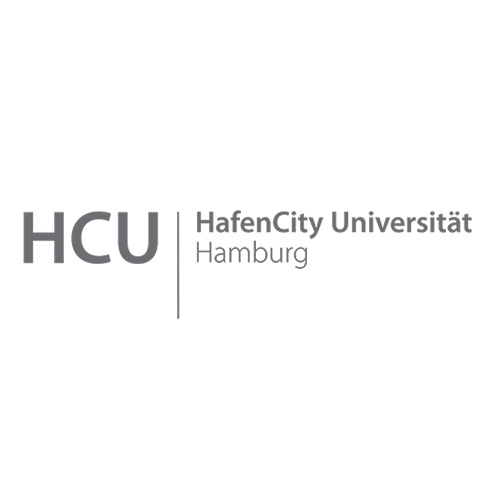


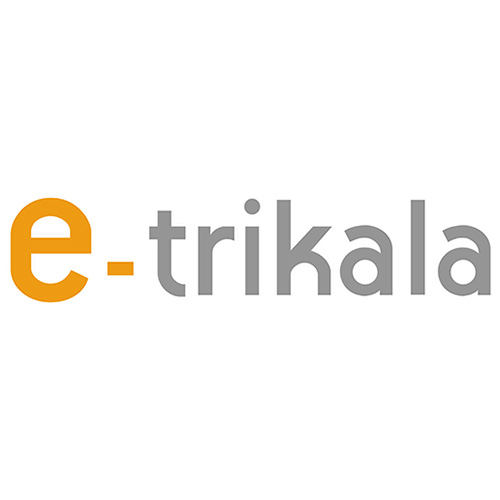








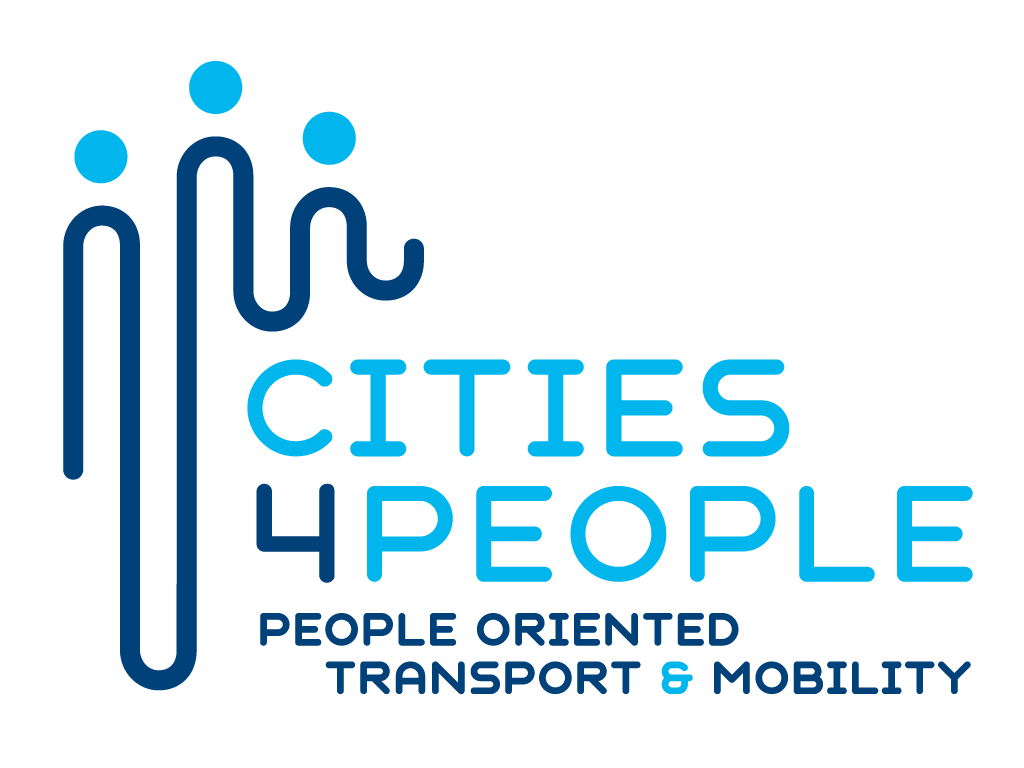
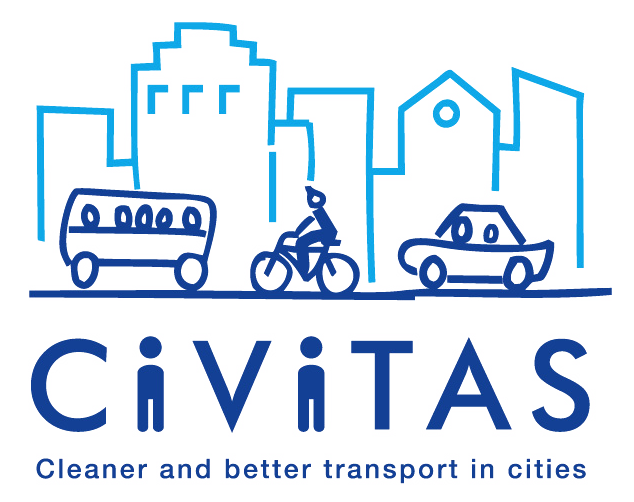


 Magyar
Magyar Ελληνικά
Ελληνικά Deutsch
Deutsch Turkish
Turkish